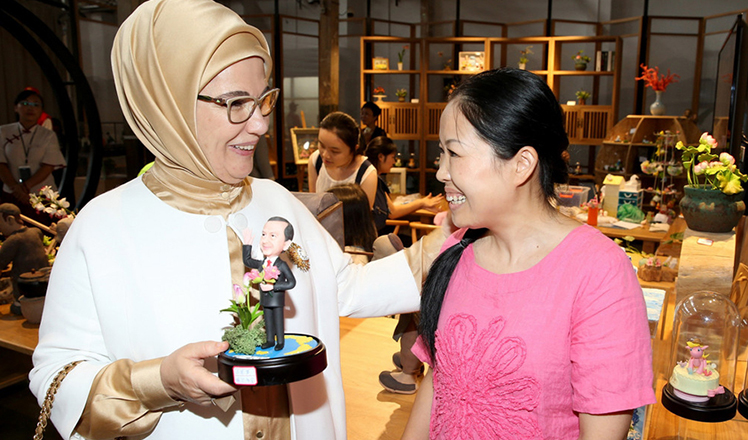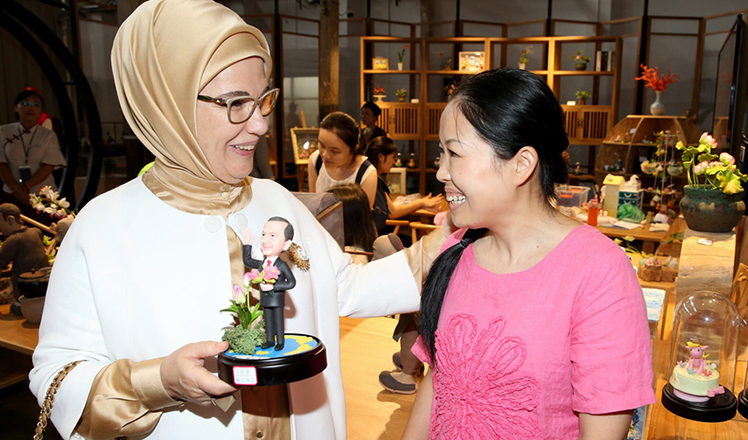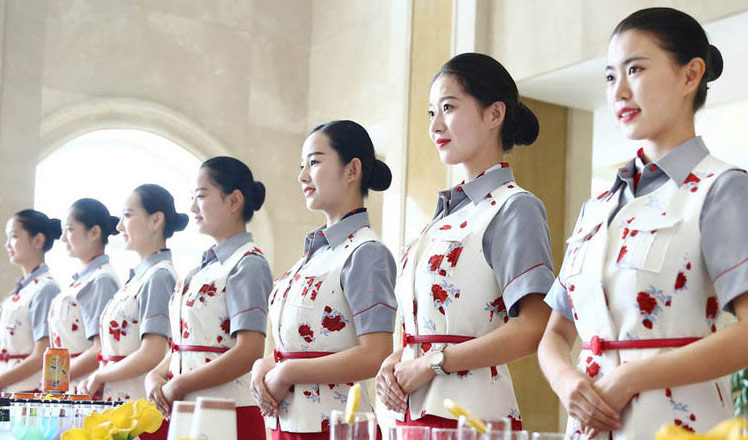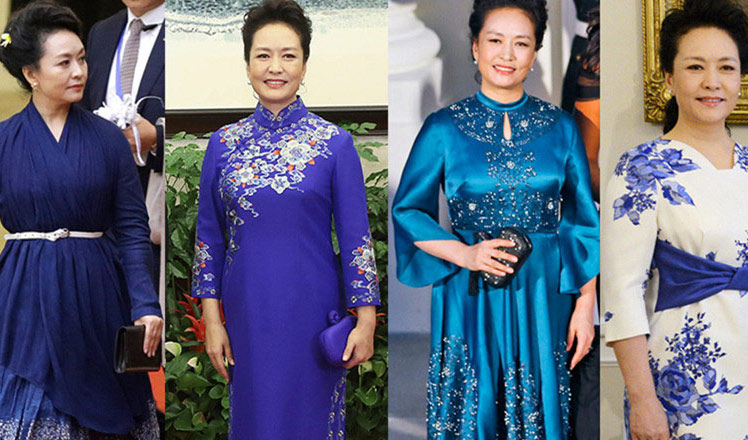Finding dramatic respite
Updated: 2016-09-07 07:47
By Hou Liqiang(China Daily)
|
||||||||
Despite their numbers continuing to rise, China's 20 million domestic workers have few ways of making their voices heard. However, a small group of domestic workers in Beijing is attempting to communicate through drama.
Most of the members of the Viola Lactiflora Drama Club are domestic workers. They hope to tell their stories through the plays they write, which are based on their experiences.
"Drama is a good way to express emotions," said Yan Chengmei, who founded the club in 2011. "Body language and good lines make it easier for people who know little about domestic workers to learn about the conditions they work in."
Yan, who also directs the plays, has sought outside help. "I invite scholars who care about domestic workers to give lectures," she said.

She recalled how a Chinese student from Harvard University contacted the group and introduced the members to a professor of performing arts from Duke University in North Carolina, and how the academic visited China and helped them rehearse Shakespeare's A Midsummer Night's Dream.
Rehearsals are difficult to arrange, though, because most domestic workers only have one day off a week.
"Although we have nearly 100 members, only 10 to 15 can attend rehearsals regularly, so the actors have to be changed constantly," said Yan.
A lack of funds poses another challenge. "We try to get free rehearsal venues with help from friends and colleagues, and have to move constantly," she said.
The club has staged eight plays in theaters, but a lack of funding and high costs mean they can no longer afford to rent professional spaces. "I bargained with a theater in a Beijing suburb. They gave us a good price because they knew we were performing for a charity, but it still cost 7,000 yuan ($1,050) to stage a matinee and an evening performance," she said.
The rent in theaters downtown is more than 8,000 yuan for each performance, even those staged during the daytime, although volunteers help with the lighting and other jobs.
In addition to giving domestic workers a voice, the club also gives the women, most of them migrant workers, a sense of belonging.
Member Jia Huifeng has nicknamed the club the domestic workers' niangjia, literally "the home of the married woman's parents." In China, women traditionally tend to turn to the niangjia for help when they encounter difficulties.
"We call Yan our mother. Thanks to the club, we have a place to go on our rest days. We communicate, share our experiences and give advice to those who work for terrible clients. We can relax here," the 55-year-old said.
(China Daily 09/07/2016 page6)
- Xi tells Park China opposes deployment of THAAD in ROK
- Singapore confirms 27 new cases of Zika infection
- Russia, Britain agree to mend ties
- EU can't leave entire migration issue to mediterranean countries: official
- Rousseff appeals impeachment to Supreme Court
- Europeans displeased with their education systems

 First Ladies shopping in Hangzhou
First Ladies shopping in Hangzhou
 Flower children greet world leaders in Hangzhou
Flower children greet world leaders in Hangzhou
 World's largest transparent-domed bar under construction
World's largest transparent-domed bar under construction
 In pics: Journalists cover G20 Summit in Hangzhou
In pics: Journalists cover G20 Summit in Hangzhou
 Air attendant 'incubator' welcomes freshmen
Air attendant 'incubator' welcomes freshmen
 Evening gala for G20 summit held in Hangzhou
Evening gala for G20 summit held in Hangzhou
 First Lady fashion: Rhapsodies in blue
First Lady fashion: Rhapsodies in blue
 Hangzhou: A city of bridges in East China
Hangzhou: A city of bridges in East China
Most Viewed
Editor's Picks

|

|

|

|

|

|
Today's Top News
Trump outlines anti-terror plan, proposing extreme vetting for immigrants
Phelps puts spotlight on cupping
US launches airstrikes against IS targets in Libya's Sirte
Ministry slams US-Korean THAAD deployment
Two police officers shot at protest in Dallas
Abe's blame game reveals his policies failing to get results
Ending wildlife trafficking must be policy priority in Asia
Effects of supply-side reform take time to be seen
US Weekly

|

|









